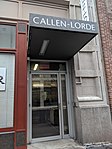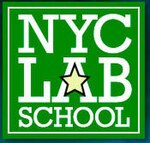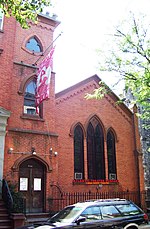Humanities Preparatory Academy
Humanities Preparatory Academy (also known as Humanities Prep) is an American public high school, located in the Chelsea district of Manhattan, New York City. The school sends over 99% of its students to four-year universities and private schools. Founded as a program in Bayard Rustin High School, it became a school in 1997. Humanities Prep is part of a consortium of over 30 schools that have been exempted from taking all but the English Regents Examinations. Housed on the third floor of the Bayard Rustin Educational Complex, Humanities Prep offers very few places, and admissions to the school are very competitive. The school has a current enrollment of 209.
Excerpt from the Wikipedia article Humanities Preparatory Academy (License: CC BY-SA 3.0, Authors).Humanities Preparatory Academy
West 18th Street, New York Manhattan
Geographical coordinates (GPS) Address Nearby Places Show on map
Geographical coordinates (GPS)
| Latitude | Longitude |
|---|---|
| N 40.743272 ° | E -74.002889 ° |
Address
Hughes High School
West 18th Street 351
10011 New York, Manhattan
New York, United States
Open on Google Maps







